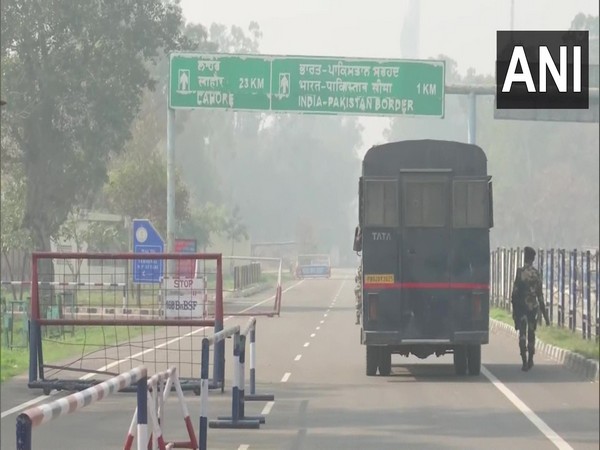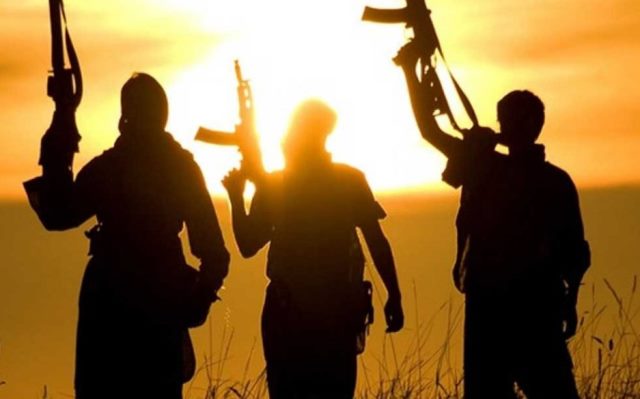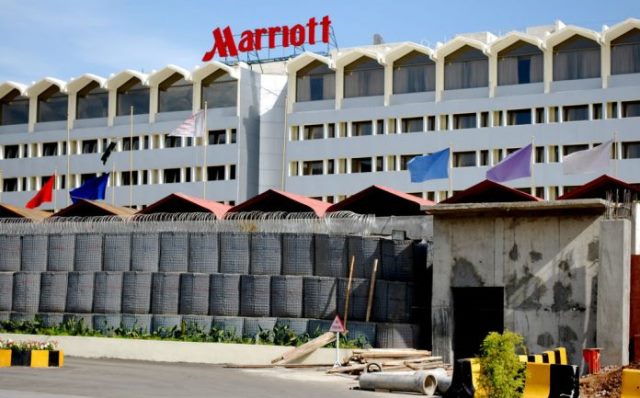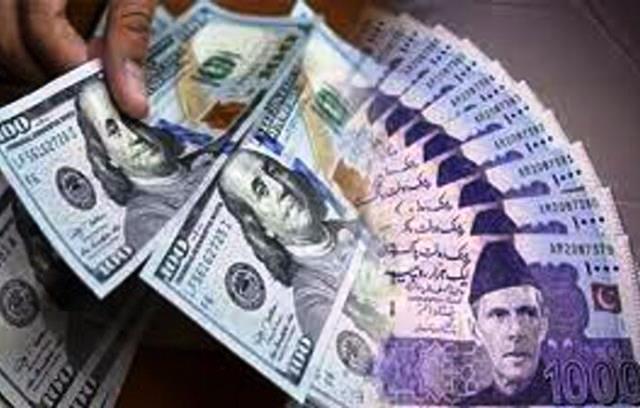Pakistan’s Ministry of Foreign Affairs in response to Indian External Affairs Minister S Jaishankar’s “Frankenstein monster” comment has said that these remarks reflect the Indian leadership’s “unhealthy obsession” with Pakistan.
Pakistan’s Minister of State for Foreign Affairs Hina Rabbani Khar made the remarks during a media briefing on Wednesday.
In response to a question on her Indian counterpart’s remarks on Pakistan’s current situation, economy and terrorism, Khar said, “Having failed in their efforts to malign and isolate Pakistan at the diplomatic front, Indian leaders have now assumed the role of armchair pundits. While focusing on Pakistan they very conveniently overlook the developments in their own country where the social fabric is being ripped apart by the rise of an extremist Hindutva ideology.”
When asked whether Pakistan responded to the Indian letter to Pakistan asking to start negotiations for the review of Indus Water Treaty, Khar said, “I can confirm that Pakistan has responded to the Indian letter on the Indus Waters Treaty. Pakistan remains committed to the implementation of the Treaty in good faith and to ensure its water security.”
On being asked why Pakistan consistently boycotts the Democracy Summit in spite of being a functional democracy, Khar said, “We have already released a statement. I would like to reiterate that Pakistan as a vibrant democracy is deeply committed to democratic values and generations of Pakistanis have upheld their faith in democracy, human rights and fundamental freedoms.”
In response to the same question, she said, “We have also said that Pakistan has not been part of the summit process that began in 2021, which required countries to make certain national commitments. We believe that the summit process is now at an advanced stage. Therefore, Pakistan would engage bilaterally with the organisers and the co-hosts of the summit to promote and strengthen democratic principles and values, and work towards advancing human rights and fight against corruption.”
On the statement made by British Home Secretary about Pakistani men, Hina Rabbani Khar said that Pakistan finds these remarks as dangerous, discriminatory, and xenophobic.
“Her statement paints a highly misleading picture, signalling the intent to target and treat British Pakistanis differently. In making these uncalled-for remarks, the Home Secretary has erroneously branded criminal behaviour of some individuals as representation of the entire community. She fails to take note of the systemic racism and ghettoisation of communities and omits to recognize the tremendous cultural, economic and political contributions that British Pakistanis continue to make in British society,” the Pakistani minister concluded. (ANI)
Read More: http://13.232.95.176/





